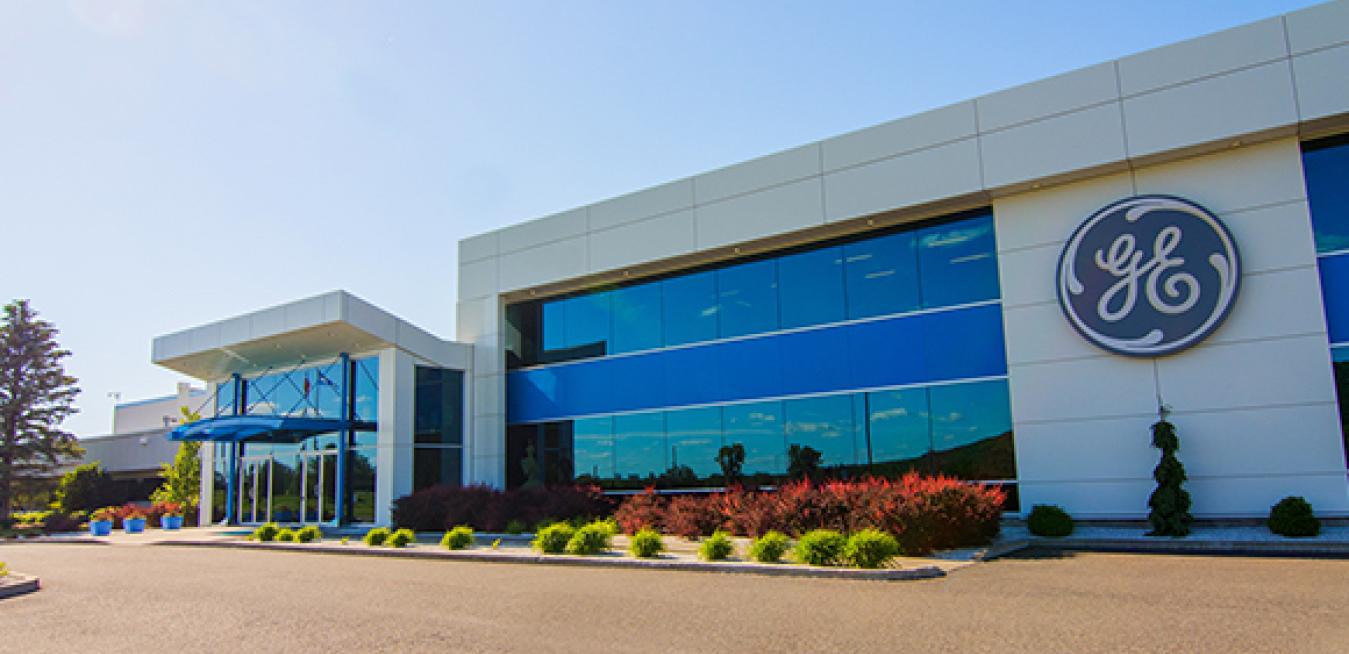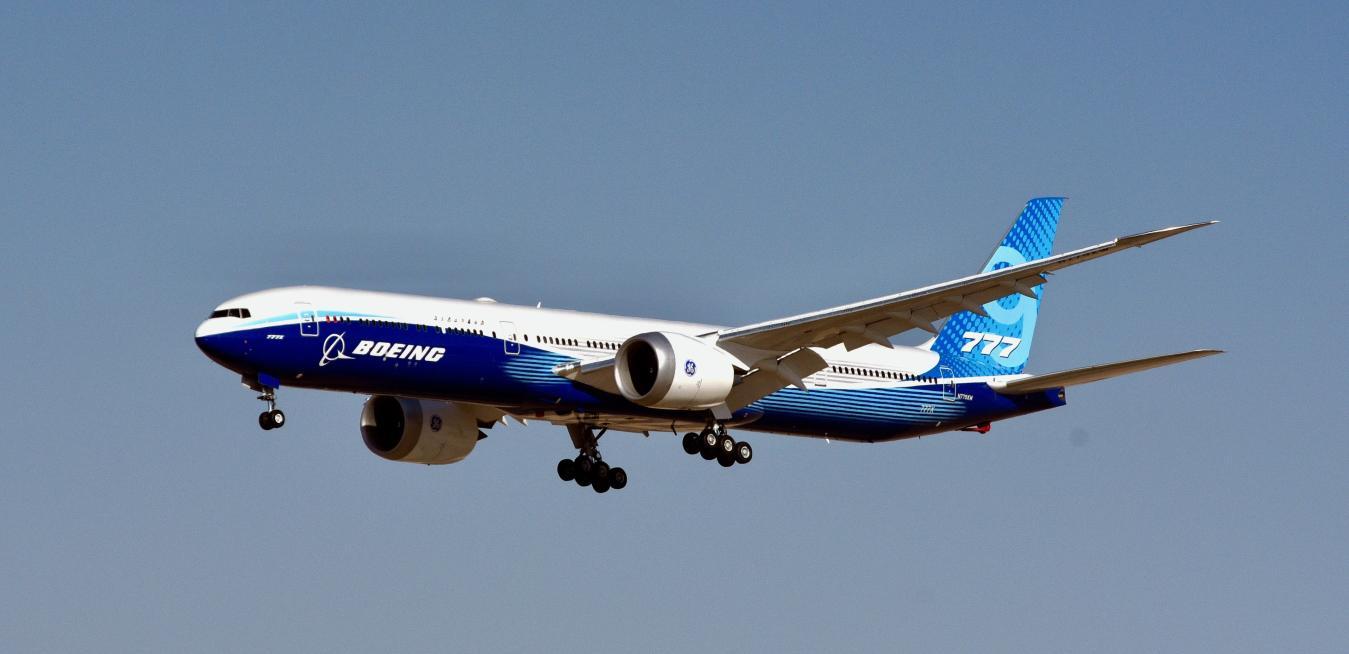With the worst of the COVID-19 pandemic behind us, travelers are flocking to airports again, leading to surging demand for jet engines, but supply chain issues are hindering the aerospace industry’s ability to deliver for customers. GE Aerospace’s Greg Pothoff is on a mission to make sure the company can deliver to its customers.
Vikram Rai remembers well the days when air travel was rare in India. He didn’t fly outside his native India until he was 25. His father’s first time abroad came when he was 48, and his grandfather never left the country. “We had no opportunity to buy a plane ticket back then,” Rai recalls. “There wasn’t much international business in India, and the infrastructure just wasn’t there for affordable air travel.” In the years since, Rai has been instrumental in helping India take to the skies.
It’s been four years since aviation fans, industry executives, aerospace engineers and investors last descended on the local airport in Farnborough, a quiet town about an hour southwest of London. Normally, the Farnborough International Airshow takes place every two years, alternating with the Paris Air Show. Together, they are the focal point for the aerospace industry. The pandemic disrupted this rhythm, but starting Monday the Farnborough show is back on track.
At the 2021 UN Climate Change Conference (COP26) in Glasgow, Scotland, more than 100 heads of state and 20,000 attendees are exploring ways to keep the planet’s temperature from rising more than 1.5 degrees Celsius.
Governments across the Middle East and North Africa are working to address climate change. For many of them, part of the answer is in the skies, where the LEAP aircraft engine is helping airlines reduce emissions.
That’s because the LEAP engine delivers a 15% improvement in fuel consumption and CO2 emissions, compared to previous-generation engines, and also can reduce NOx emissions by up to 50%, versus CAEP/6 emission standards.
Two is company, but three doesn’t have to be a crowd. It can be a successful partnership.
Long before AirAsia made a record-breaking $23.1 billion purchase of engines and services from CFM International, the owners of the once-struggling airline had big plans to develop a low-cost carrier.










